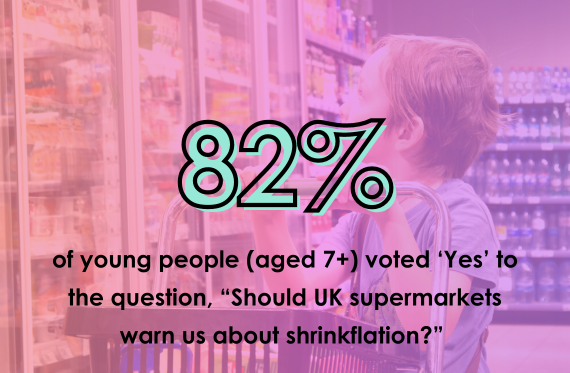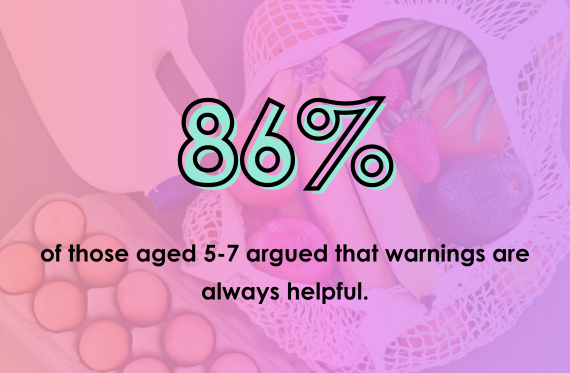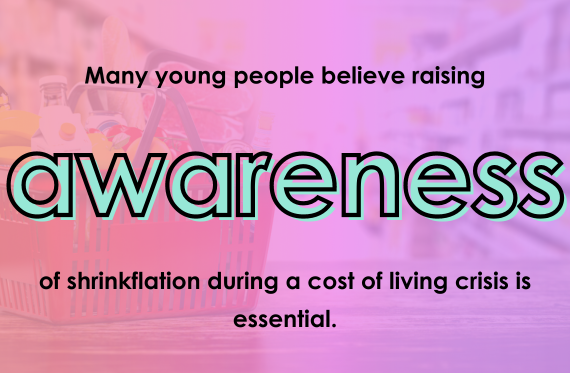Total votes
5-11 votes
11-16+ votes
In some products, it is more noticeable. It's the air filled wrapper surrounding a much reduced chocolate bar, the number of crisps in a packet, or even the size of individual biscuits. And yes, it is more noticeable in snack foods. The issue of shrinkflation, which is another way the cost of living crisis impacts the food we buy, much like the Freddo index.
But who has responsibility for letting customers know? Is it anyone's responsibility?
Some supermarkets have taken it into their own hands. But as with all things, there are two sides to the issue and the naming and shaming of companies by supermarkets is not without its risks.
For this VoteTopic, voters took a closer look at the cost of living crisis and the rise in “shrinkflation”. They were introduced to the hidden costs behind everyday items and some of the steps supermarkets are taking to try and help customers.
Primary 7-11, Secondary, 16+ & College voters were asked: “Should UK supermarkets warn us about shrinkflation?”, while Primary 5-7 voters discussed: “Do warnings always help us?”

"I think they should warn us because the people who own the supermarket will have more money and general people will have less.”

“It isn’t the supermarkets fault prices are going up. They shouldn’t be blamed for something they can’t control and have to deal with too.”

“Shrinkflation is a bit of a con. Manufacturers could keep costs down by reducing the amount of packaging instead of the product.”



Thank you so much to our Impact Partners for commenting on what the children said this week.
Esme Harwood, Director at Barclays Bank.
Julian Jessop, Fellow at the Institute for Economic Affairs. The IEA are a educational charity and free market think tank, their mission is to improve understanding of the fundamental institutions of a free society by analysing and expounding the role of markets in solving economic and social problems.